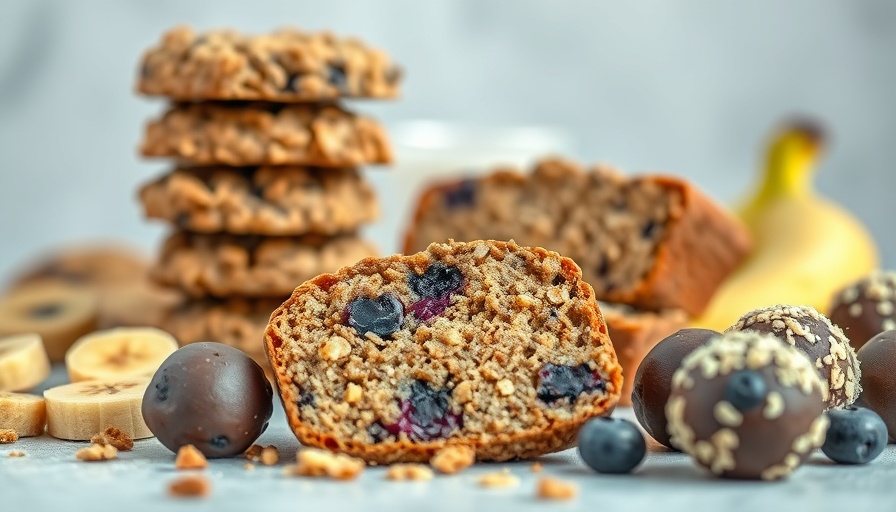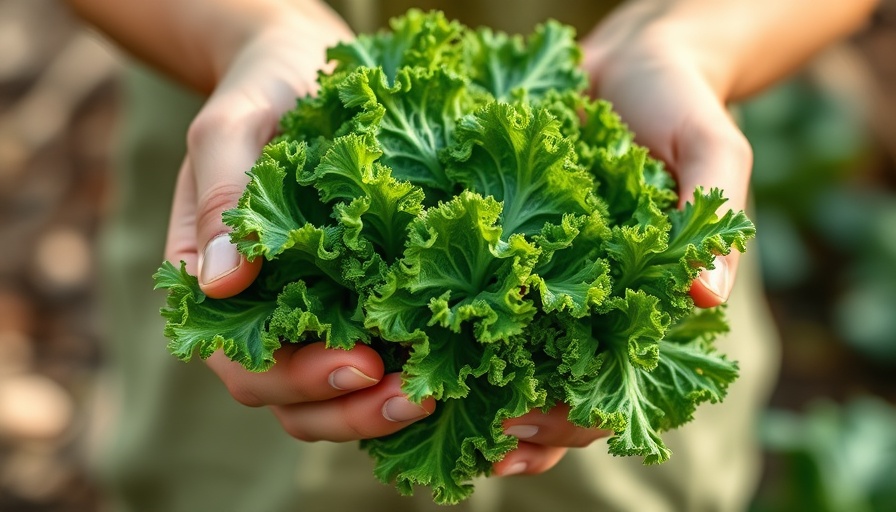
Unlock the Secrets of Refrigerator Pickles: Homemade with Ease
Refrigerator pickles are not only a delicious way to preserve vegetables, they also represent a nourishing option for individuals looking to enhance their immune systems and recover from daily stresses, workouts, or illnesses. As modern nutritional science suggests, the gut-brain connection is paramount to achieving better overall health, making homemade pickles an excellent addition to your regular diet.
The Nutritional Benefits of Pickling
One of the most significant advantages of refrigerator pickles is the way they boost gut health. The fermentation process that occurs during pickling creates probiotic bacteria, which can enhance digestion and gut microbiome diversity. Both are crucial for maintaining a strong immune system and promoting mental wellness. Recent studies have indicated that a healthy gut microbiome can lead to improved mood and cognitive function—making your refrigerator pickles not only a delicious snack but a step towards better mental health.
Why Homemade Pickles Triumph Over Store-Bought
Unlike commercial pickles that often contain preservatives and additives, homemade refrigerator pickles allow you to control every ingredient. By choosing fresh, organic cucumbers and natural spices like garlic and dill, you're not only making a healthier choice but also one that is tailored to your taste preferences. This control extends beyond taste; understanding the health impacts of your dietary choices can lead to more conscious eating habits and improved wellness.
Effortless Preparation: A Quick Guide
Making refrigerator pickles is incredibly simple, often taking just 10-15 minutes, and requires no canning equipment. Start with Kirby cucumbers, known for their crunchiness; slice them thin, pack them into jars with seasonings like fresh dill, mustard seeds, and garlic, and fill with a simple brine of water, white vinegar, and kosher salt. After letting them sit in the refrigerator for a few hours, you’ll have a delightful, tangy snack that’s perfect for meals or standalone munching.
Flavor Variations to Explore
The beauty of making refrigerator pickles lies in the creativity you can apply. Beyond cucumbers, consider pickling various vegetables to increase your nutrient intake. Carrots, radishes, and asparagus not only add color to your plate but also provide unique flavors and textures. When you opt for different vegetables, each offers its unique set of vitamins and minerals, contributing to a more well-rounded diet.
Challenges and Risks: Why Refrigerated is Better
For those concerned about safety, particularly regarding the risk of botulism associated with traditional canning, refrigerator pickles present a safe alternative. By skipping the canning process, you can enjoy your pickles without worrying about potential foodborne illnesses or long-term storage issues. These homemade delights, stored in the fridge, are faster to prepare and consume at your leisure—ideal for those with busy lifestyles.
Incorporating Pickles Into Your Diet
Integrating refrigerator pickles into your meals can be both fun and health-promoting. Whether as a topping on a burger, a side with grilled chicken, or mixed into salads, these brightly flavored pickles can enhance various dishes while contributing to your overall health regimen.
Final Thoughts on Refrigerator Pickles
Homemade refrigerator pickles are more than just a tasty treat; they embody a holistic approach to health, nutrition, and well-being. By incorporating these easy-to-make, nutrient-rich snacks into your diet, you not only support your immune system but can also experience the myriad benefits that a pickled diet can offer. So gather your ingredients, store them in your refrigerator, and savor the essence of freshness throughout the week!
 Add Row
Add Row  Add
Add 







Write A Comment